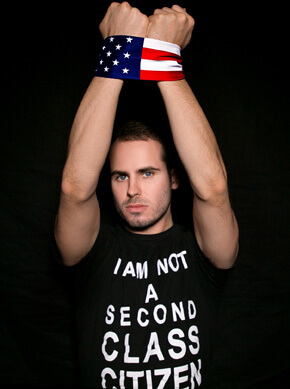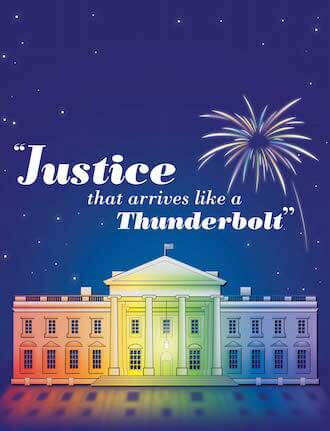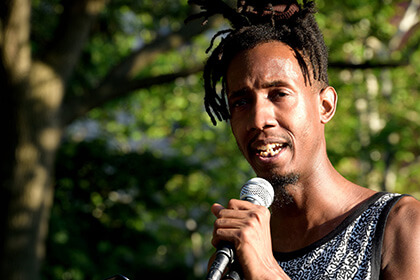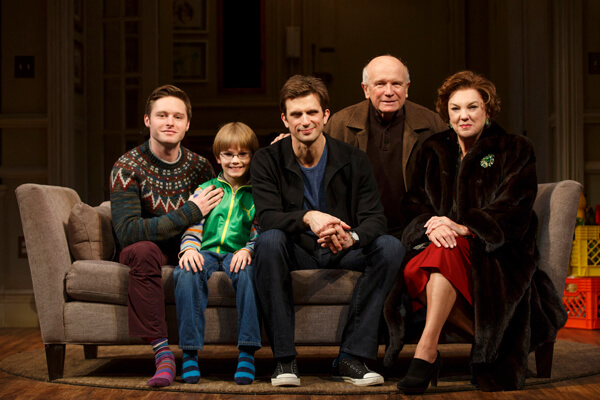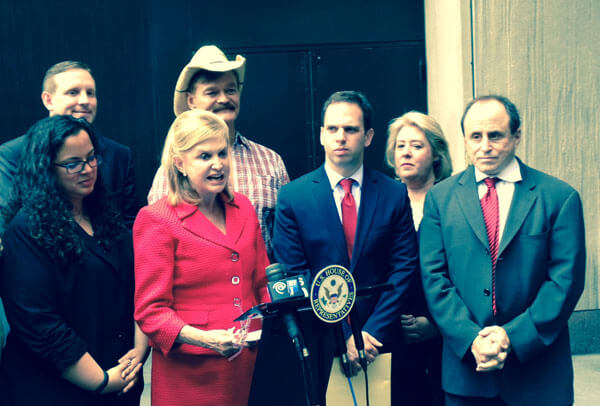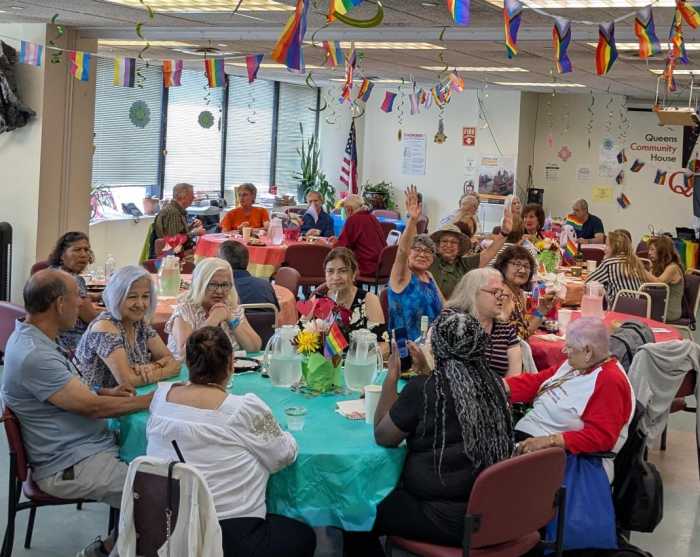Ryan James Yezak turned to Kickstarter to fund a feature-length documentary taking “an all-encompassing look at discrimination based on sexual orientation.” | 2NDCLASSCAMPAIGN.COM
In early January of 2012, Ryan James Yezak launched a film project on kickstarter.com, the crowdfunding website. The feature-length documentary, “Second Class Citizens,” would take “an all-encompassing look at discrimination based on sexual orientation,” according to a website he has since established.
The Los Angeles resident borrowed seven minutes of footage from various documentaries and news reports spanning decades. He set it to “The First Days of Spring,” a song by Noah and the Whale, and posted that promotional video on YouTube. It eventually received nearly three million views and was picked up by gay blogs, including towleroad.com and joemygod.blogspot.com.
While Yezak said he needed $50,000 to fund “Second Class Citizens,” a small figure for a feature-length documentary, by March 9 of last year he had raised more than $176,000 from 4,272 backers. Most of the backers gave $100 or less. After Kickstarter took its five percent fee and some pledged funds did not clear, Yezak had $153,000, he told Gay City News.
YouTube videographer raises $176K for gay rights doc, but some crowdfunders now squawking
Just over two months later, complaints began to appear on Kickstarter. Backers said they were not getting updates. Yezak posted three Kickstarter updates over 14 months, with the most recent on May 6 of this year and the prior one coming in July 2012. He responded to some complaints in the website’s comments section. Other backers said they had not received gifts they were promised for their support. It generally appeared Yezak was making little progress on the documentary.
“There are a lot of people involved, and I’m not going to be able to please all of them,” Yezak said. “I’m doing the best I can… It’s my life, and I’m working very hard to do it.”
Production began in July of 2012, and he shot footage with Eric Jones, an Eagle Scout who was fired from his job as a Boy Scout camp counselor after disclosing that he was gay. Talking to Gay City News, Yezak named roughly a half-dozen other subjects who have been interviewed.
“There’ve been multiple subjects from around the country,” Yezak said. He expressed frustration that he has been unable to interview others, such as Edie Windsor, the plaintiff in a federal lawsuit challenging part of the Defense of Marriage Act that is before the US Supreme Court, and Chad Griffin, president of the Human Rights Campaign, the nation’s largest gay lobby.
“We’ve shot a lot of footage,” Yezak said. “There’ve been multiple trips across multiple states. I don’t have exact numbers.”
Of the $153,000, “about a third is left,” Yezak said. The money was spent on equipment, travel, crew compensation, and producer consulting fees. Yezak paid himself “a very small stipend” of $5,000.
The tentative production completion date is October of this year with a “January 2014 premiere.” Those dates may change.
Yezak has launched a campaign to promote and raise more funds for the documentary by traveling to cities in California, Florida, Texas, and Pennsylvania, where he charged people interested in being photographed wearing black shirts with their wrists bound with an American flag. He has a planned shoot in Colorado in June. Yezak gets $20 for an individual photo and $25 for a group shot.
According to his Linkedin.com page, Yezak has held low-level jobs at several production companies, including MTV Networks, since 2009. He has posted roughly a dozen videos on his YouTube channel. And he raised $7,600 on Kickstarter in 2011 to successfully produce a music video.
Kickstarter is probably the best known crowdfunding site on the web. Sites that raise modest equity investments in small businesses will be regulated by the Securities and Exchange Commission when that federal agency finalizes regulations, but sites that raise funds for charities or projects in which contributors gain no financial stake, such as kickstarter.com, are unregulated.
The press office for New York’s attorney general, Eric T. Schneiderman, did not respond to an email seeking comment.
Kickstarter, which was founded in 2009, has received pledges of $595 million, but only $505 million was collected and distributed. The site is an all or nothing proposition, so project creators must meet or exceed their fundraising goal by a set date to get the cash. Of the 96,000 projects launched on kickstarter.com, roughly 40,000 were funded and 88 percent of the money pledged went to those 40,000. Kickstarter does not track funded projects and cannot say how many creators complete their projects.
If Yezak does not complete “Second Class Citizens,” the backers have little recourse other than declining to fund any new project he proposes. For backers who pledged small amounts, suing would cost far more than the initial pledge.
“Frankly, if it was easy for me to reverse payment on Mr. Yezak and retrieve the money I invested, I absolutely would,” wrote Shivian Morgan, a “Second Class Citizens” backer who is among the most vocal complainers on kickstarter.com, in an email. “This level of negligence is both disappointing and unacceptable. I will never invest in any project he puts forward again, and would encourage others to avoid him at all costs. If he ever puts out a documentary with the funds he was provided, I’ll be very surprised indeed.”

